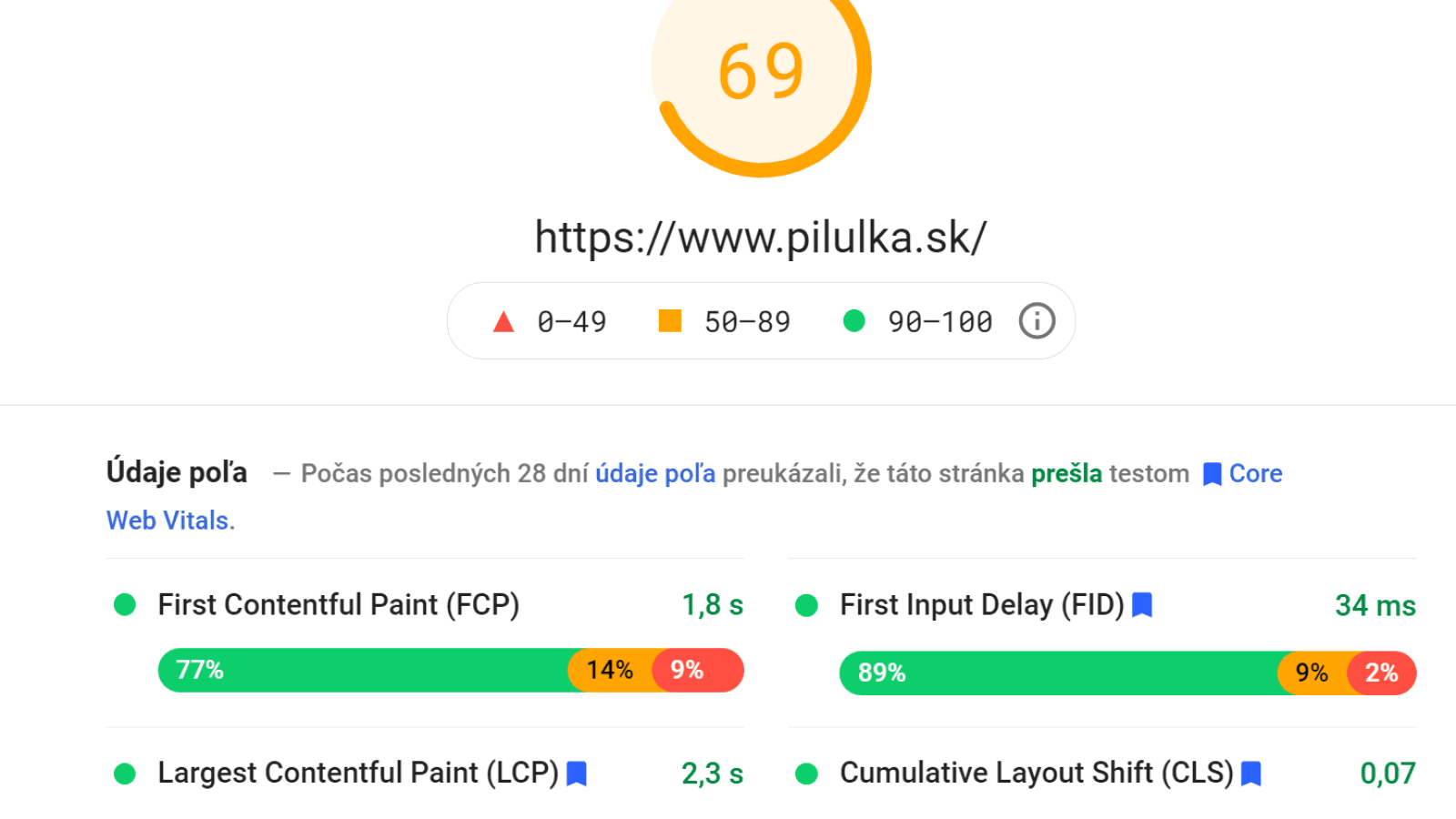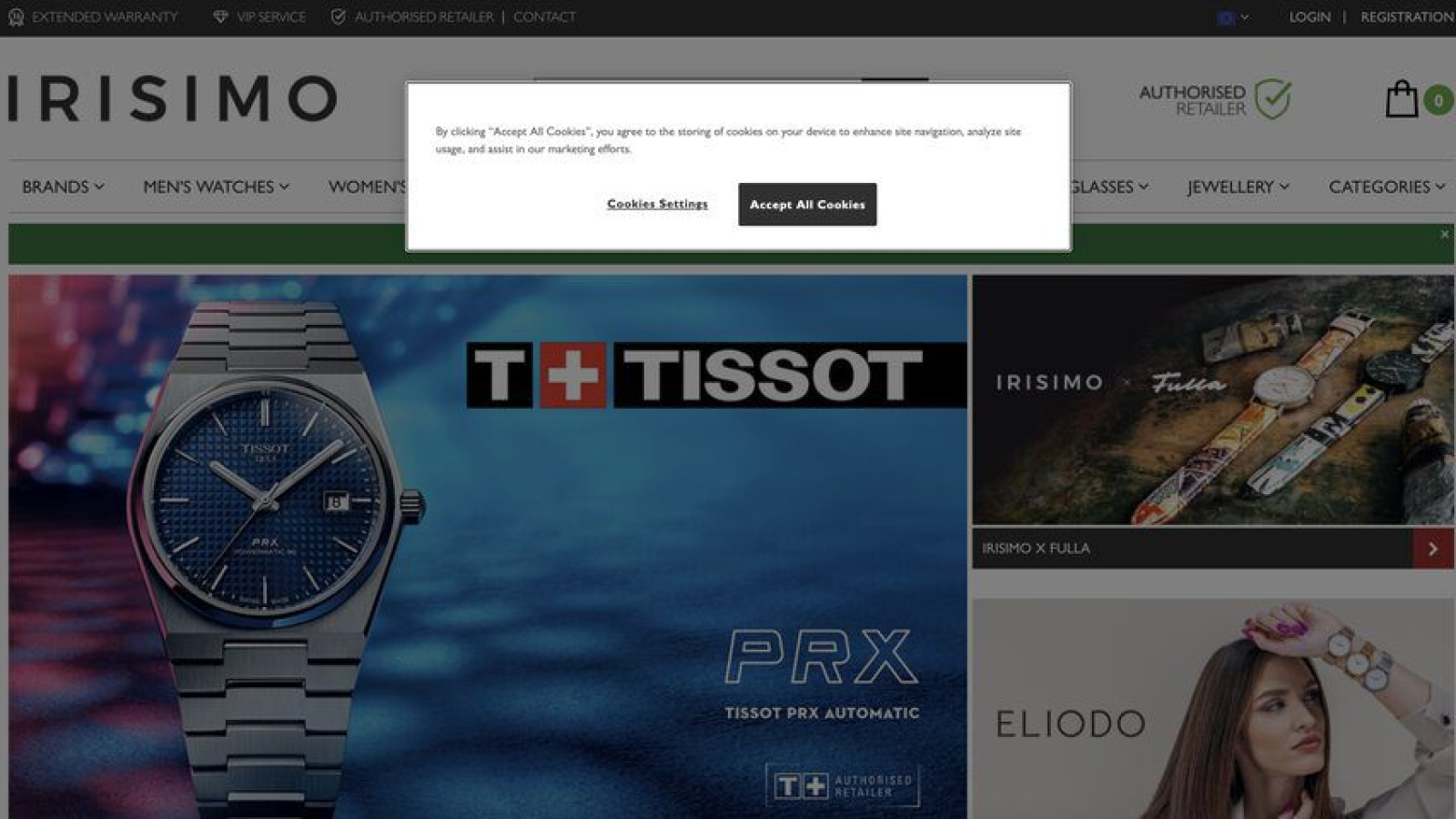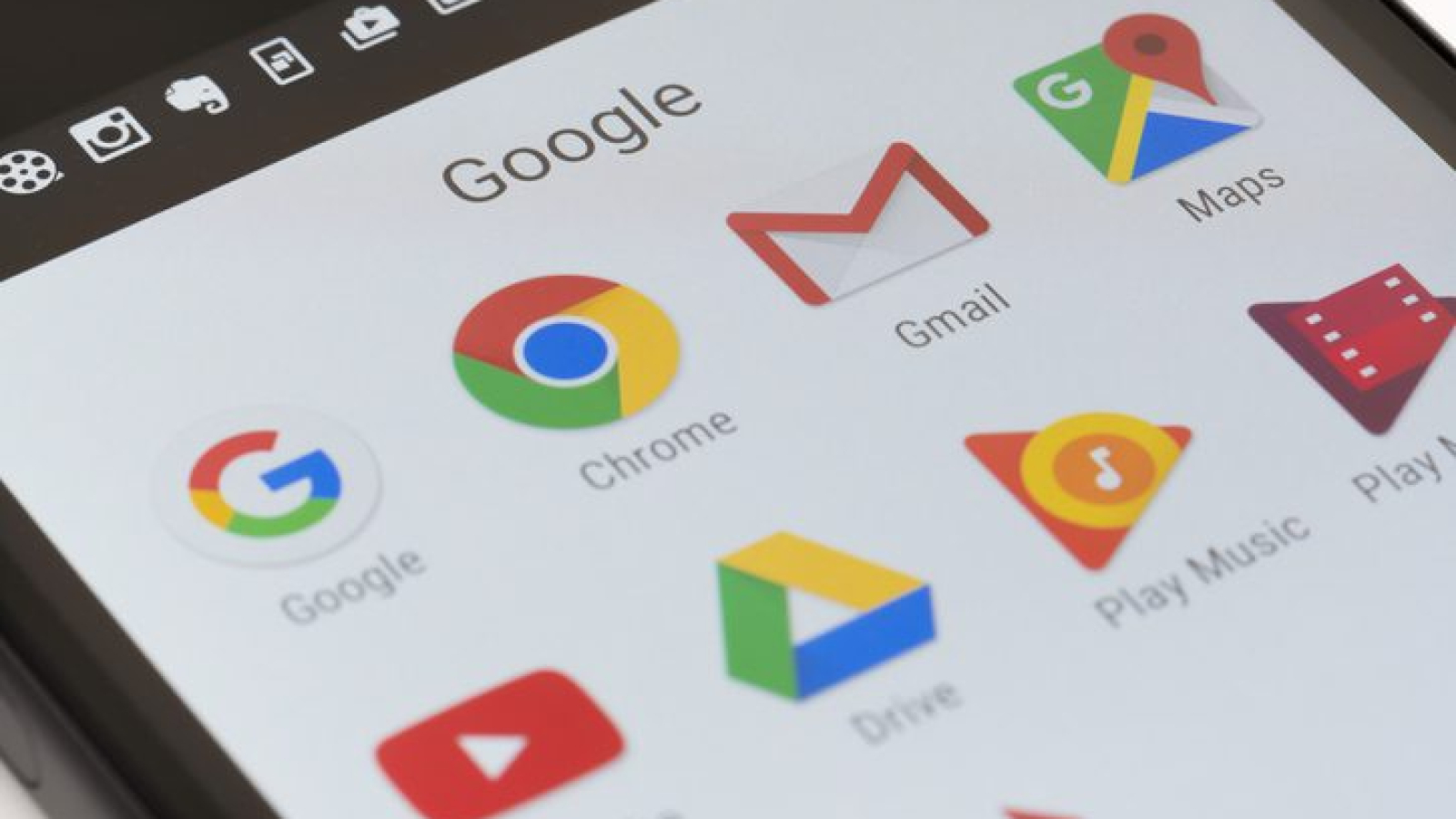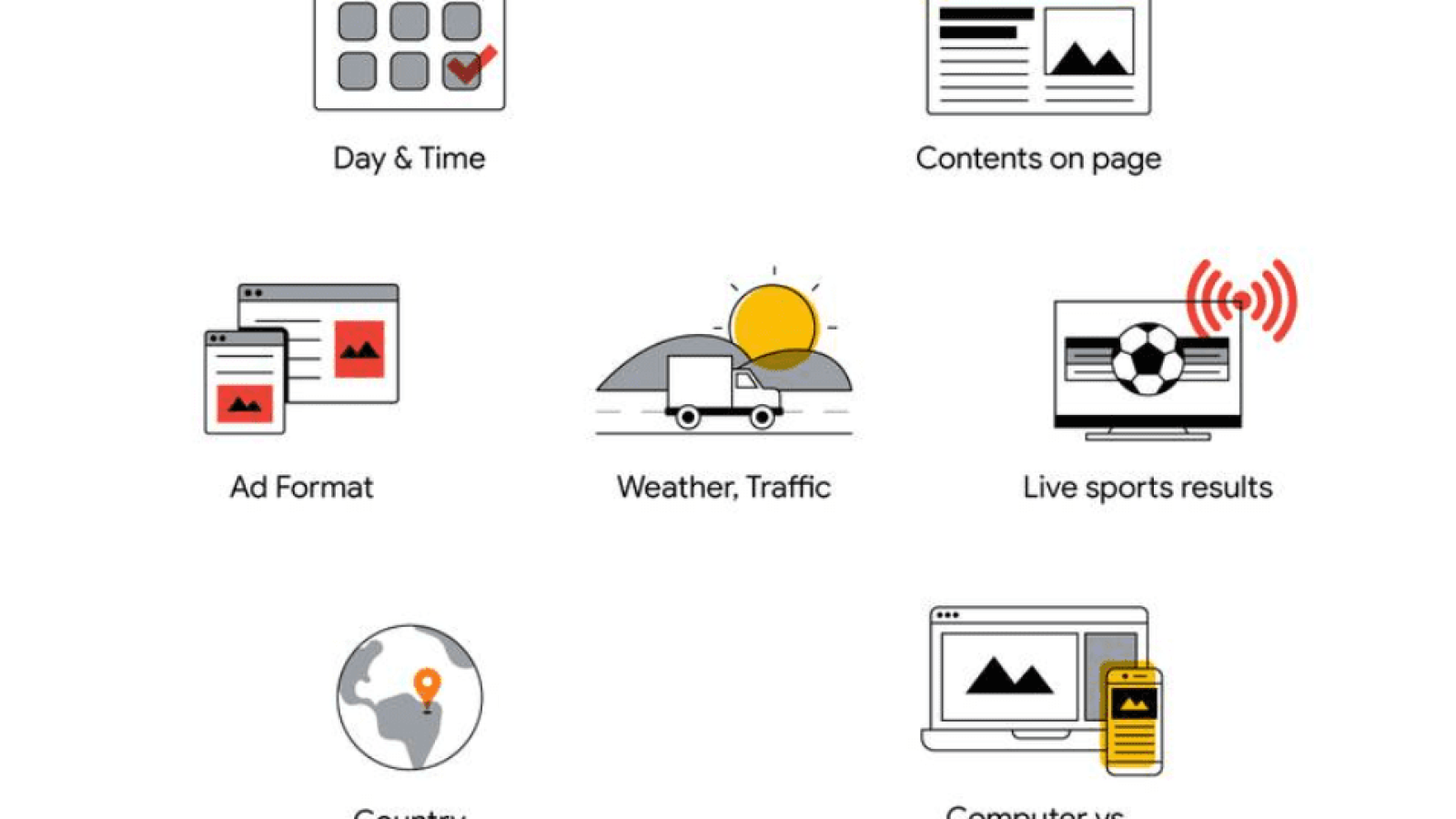Most browsers do not allow third-party cookies and in a year’s time Google Chrome will block them. This is a radical change that will affect nearly all online stores. However, there’s no need to worry – advertising campaigns can be saved with the use of intelligent media assets.

Table of Contents
In Slovakia, 65% of users use Google Chrome on desktops and 73% access it on mobile devices. Blocking third-party cookies will have a huge impact on advertisers, web analytics and advertising targeting. The changes will come in in a year’s time.
What does this mean for your online store?
In the following paragraphs, you will learn why third-party cookies are unpleasant for website visitors, how you can solve this new problem and how to provide the best possible customer experience. Finally, we will present 4 tips for media assets that work without the need for cookies.

The most popular Internet browsers on mobile phones and desktops in 2021 (Statcounter).
What are cookies?
Cookies are small text files that serve to mark and recognise the customer. They are stored by the websites you visit.
Benefits of cookies for the visitor
The website automatically creates a unique identifier (ID) for the user, thanks to which the user will be automatically recognised on their next visit. The cookie file can also contain information about what the visitor clicked on, what settings they chose or which items they put in their cart.
You can use this data to customise the website for returning visitors. For example, if someone decides three days from now that they want to buy products from the cart, they will simply return to your website and these products will still be there.
You need consent to use cookies
According to current legislation, the customer must agree to the use of cookies. If he refuses them, you are only permitted to assign him an ID and note that he visited your site. The data you can gather will thus be radically depleted. You will receive almost no information about this visit in Google Analytics.

Information about the use of cookies with the consent option on the IRISIMO website (check our case study).
Cookie settings will soon stop working
Website visits by one person from multiple different devices cause problems. It is also difficult for you to rely on information from cookies if different people use the same device. Personalisation falls by the wayside and the collected data is no longer relevant.
In addition, browsers and operating systems increasingly limit the possibilities of storing and tracking cookies. This is particularly challenging for advertising systems, including Google Ads campaigns.

Third-party cookies will gradually cease to exist. Get ready for this dramatic change.
Chrome will stop third-party cookies
First Party Cookies are created by websites that the customer actually visits. Those are the ones you create about visitors who came to your online store or who read your blog.
Third Party Cookies are created by websites that own content elements on another website (advertisements or images).
Why will these cookies cease to exist?
Imagine a user, let’s call him Joe, wants to buy a new jacket. He visits an online store and adds the jacket in his basket. At that moment, the browser saves Joe’s ID and the ID of the jacket as a cookie. This much is fine, but cookies are also used to monitor user activity .
Joe decides to leave the jacket and goes on to read an article about antidepressants on a completely different website. However, there is already a third party (advertising company) who controls a small piece of the web (thanks to an advertisement or an image). This company also stores a cookie file in Joe’s browser and it also knows that he has read an article about antidepressants.
In a few days, Joe will go to a completely different website about cars, where he is greeted by an annoying advertisement for antidepressants. This probably makes him feel even worse and possibly somewhat tricked by the advertising company.
The cookie that enabled Joe’s tracking by the advertising company is a third-party cookie.
To protect visitors, Safari started blocking third-party cookies in 2017, Firefox in 2019, and Google Chrome will join them in 2023.

Google Chrome will block access to third-party cookies in as early as 2023.
Without cookies, media assets and FLoC will rule
Although Google Chrome plans to cancel the support of third-party cookies, it offers advertisers an alternative. Currently, it creates unique advertising profiles for each user, owns volumes of data and combines them with third parties. In the future, individual profiles will be replaced by group profiles – FLoC ( Federated Learning of Cohorts) .
What this means for you is that you will no longer target individuals with your advertising, but instead you will target specific groups that share common interests. According to tests, advertising through groups is 95% effective at the same cost.
Google recommends using intelligent media assets that will be relevant even without containing personal data.
Build a relationship with the customer
Try to strengthen direct relationships with your customers and build your own quality data (first party data). You can offer them useful instructions or tips that are directly related to your product or service.
Use situational targeting
Target the customer – even if you’re lacking data. Look around you when seeking personalisation and use freely available information about the day or the weather. This type of ad based on situational targeting is called contextual.
It is very likely that these ads will be used more and more often, especially if you want to target customers on other websites.

For contextual ads, use information about the weather, the country, the device being used, traffic or the content of the website being viewed.
Source: Think with Google
Automate media assets
Media assets are usually not among the top priorities of marketers, but it is worth investing in. Try to allocate part of your budget for advertising technology or media space to your media assets.
Google believes that in a world without cookies, the right media assets and automation will ensure results for advertisements. You’ll save time and invest into ideas – all in one go.
Did you know?
How did Douglas, a cosmetics seller, deal with advertisements without cookies? They focused on visitors who provided them with first party data and audiences similar to them. They added this using the Google Affinity Audience tool.
They created advertisements according to the websites that the given visitor followed (luxury or ordinary brands). At the same time, they only displayed it on pages related to the keywords in the ad.
Based on this data, they created two different media asset campaigns. They focused one on the sale of luxury products and the other on ordinary cosmetics. They automatically changed the media asset texts and the product offer according to the data they obtained.
The campaigns were extremely successful despite Douglas only using information about the website and the keywords it contains.
Test and learn
Create an ad with dynamically changing elements. Then change the individual parts based on the data you have. Repeat the entire process and continuously improve existing ads using automatic settings. Use situational targeting and first-party cookies.
Measure the performance of ads by the number of clicks (CTR click-through rate) or conversion rate. In addition to traditional metrics, campaign success can be reflected through brand awareness or return on investment (ROI).
A Google Ads specialist must be detail-oriented
If you are serious about PPC advertising, connect with people who have experience with Google Ads. They know all the pitfalls and know how to cope with unfair practices of the competition.
In cooperation with MagicScript, we have created a unique way of bidding on margin, thanks to which we can bring partners a higher profit. We will help you with:
- auditing or a complete setup of the Google Ads account,
- creating and optimising advertising, (we guarantee the fulfillment of the set PNO/ROAS and bear financial responsibility if this does not happen; it requires the deployment of the MagicScript tool and clearly defined goals),
- setting up audiences not only according to demographic data,
- automating PPC campaigns (PPC Bee, Supermetrics, MagicScript),
- preparation of detailed automated reports (Datastudio, Zoho Analytics, Power BI).
If you are attracted to the global playing field and believe in your product, don’t hesitate to come and sell with us, worldwide and without the annoying restrictions of the domestic market.
With thanks to the Dexfinity editors, who helped create this article
Author: Adriána Černáčková
Editor: Martin Bartl
Published by: Róbert Hošták

DIRECT CONTACT DETAILS
Let's join forces.
Share your project with us and let’s discuss it’s potential.

Michal Lichner
Global BizDev, Sales, Marketing Consultant
+421 911 585 689
michal.lichner@dexfinity.com

Eva Cechovska
Sales & Export Consultant
+421 918 341 781
eva.cechovska@dexfinity.com

Pavol Adamcak
International Marketing Strategy Consultant, Founder
+421 918 435 105
pavol.adamcak@dexfinity.com
Select all the areas you are interested in.

